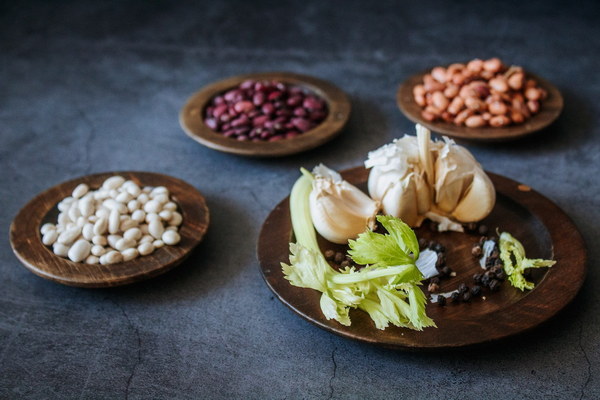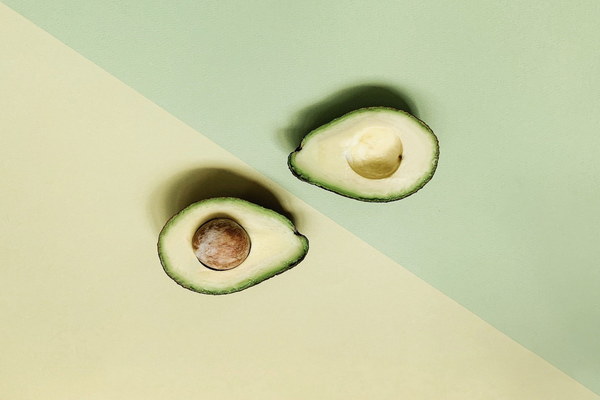Maximizing Kidney Health A Guide to Fall and Winter SelfCare
As the world transitions from the warmth of summer to the crispness of fall and the chill of winter, it's essential to focus on maintaining kidney health. The kidneys, vital organs responsible for filtering waste from the blood and maintaining fluid balance, require extra care during these cooler months. Here's a comprehensive guide to help you nurture your kidneys through the fall and winter seasons.
Understanding Kidney Function
Before diving into the specifics of fall and winter kidney care, it's crucial to understand the basics of kidney function. The kidneys filter approximately 200 quarts of blood daily, producing about 1 to 2 quarts of urine. This urine is then excreted from the body, carrying with it waste products and excess substances like sodium and potassium.
Fall and Winter Challenges to Kidney Health
During the colder months, several factors can impact kidney health:
1. Dehydration: Cold weather often leads to reduced thirst, increasing the risk of dehydration. Since the kidneys rely on sufficient fluid intake to function correctly, dehydration can strain them.
2. Cold Exposure: Prolonged exposure to cold temperatures can constrict blood vessels, reducing blood flow to the kidneys and potentially affecting their ability to filter waste effectively.
3. Colds and Flu: Increased susceptibility to colds and flu during the fall and winter can lead to kidney infections, as these viruses can travel through the bloodstream and reach the kidneys.
4. Dietary Changes: The cooler months often bring an increase in salt intake, as people seek out warm, comforting foods. High salt intake can lead to increased blood pressure, which is a risk factor for kidney disease.
Fall and Winter Kidney Care Tips
To maintain optimal kidney health during the fall and winter, consider the following tips:
1. Stay Hydrated: Even on cold days, ensure you're drinking enough water. Aim for at least 8 glasses a day, and increase your intake if you're sweating or exposed to cold temperatures.
2. Layer Up: When going outside, dress warmly to prevent cold exposure, which can constrict blood vessels and reduce kidney function.
3. Prevent Infections: Practice good hygiene to avoid colds and flu. Wash your hands frequently, get vaccinated, and avoid close contact with sick individuals.
4. Balance Your Diet: Reduce your salt intake by avoiding processed foods and opting for fresh, whole foods. Incorporate foods rich in potassium, such as bananas, oranges, and leafy greens, as they can help counteract the effects of salt.
5. Exercise Regularly: Regular physical activity can improve blood flow and support overall kidney health. Aim for at least 30 minutes of moderate exercise most days of the week.
6. Manage Chronic Conditions: If you have a chronic condition like diabetes or high blood pressure, manage it effectively to reduce your risk of kidney disease. Follow your doctor's advice and maintain regular check-ups.
7. Reduce Stress: Stress can impact kidney function, so find ways to relax and reduce stress levels. Activities like meditation, yoga, and deep breathing exercises can be beneficial.

8. Monitor Your Health: Pay attention to changes in your health, such as changes in urination patterns, swelling, or fatigue. If you notice anything unusual, consult a healthcare professional promptly.
Conclusion
By taking these steps to protect your kidneys during the fall and winter, you can help ensure their optimal function throughout the year. Remember, maintaining kidney health is an ongoing process, so make these habits a part of your daily routine. With proper care, you can enjoy the beauty of the cooler months while keeping your kidneys in good shape.









